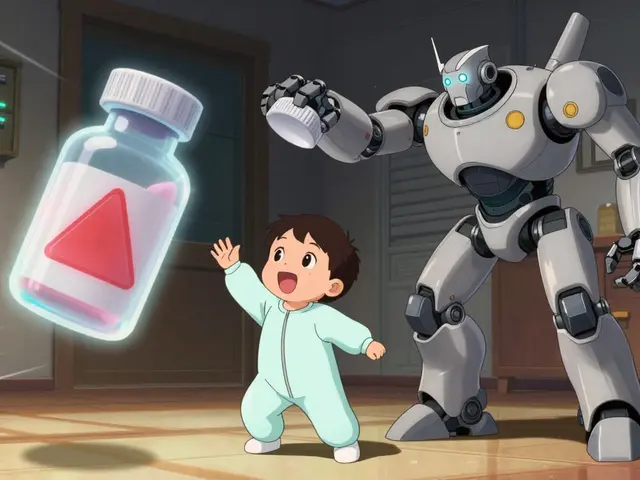Bone Health: Simple, Practical Steps to Stronger Bones
Your bones are living tissue that rebuilds all the time. After about age 30 you start losing bone faster than you make it — but you can slow that down and even add strength. This page gives clear, usable steps to protect your bones every day.
Daily habits that build stronger bones
Eat for bone strength. Aim for steady protein plus calcium-rich foods: dairy (yogurt, milk, cheese), fortified plant milk, canned salmon with bones, tofu, leafy greens like kale and bok choy. Spread calcium through the day rather than taking it all at once; your body absorbs smaller amounts better. Vitamin D matters because it helps your body use calcium — get safe sun exposure, eat vitamin D foods (fatty fish, fortified foods), or consider a supplement after checking with a clinician.
Move your body the right way. Weight-bearing exercises (walking, hiking, dancing) help bones handle load. Add resistance training twice a week — simple moves like squats, lunges, push-ups, or resistance bands make a big difference. Don’t forget balance and mobility work (tai chi, single-leg stands) to reduce fall risk; fewer falls mean fewer fractures.
Cut habits that harm bones. Smoking speeds bone loss. Drinking more than two alcoholic drinks per day is linked to weaker bones. Long-term use of certain medications (like high-dose steroids) can reduce bone density — if you take them, ask your doctor about protective steps.
Tests, supplements, and when to get help
Ask about a bone density test (DEXA) if you’re a woman over 65, a man over 70, or if you have risk factors like early menopause, steroid use, low body weight, or a parent with hip fracture. A DEXA scan gives a clear picture of bone density and helps guide treatment choices.
Supplements can help but aren’t magic. If your diet is low in calcium or vitamin D, a supplement can fill the gap. Common guidance is to aim for about 1,000–1,200 mg of calcium daily from food and supplements combined, and check vitamin D levels with your doctor before high-dose use. Always choose supplements from reputable brands and tell your pharmacist or doctor what you take to avoid interactions.
If your DEXA shows low bone density, or you’ve had a fracture from a low-impact fall, talk to your doctor about medications that prevent bone loss. Options include bisphosphonates, denosumab, and others — each has pros and cons, so discuss side effects, how long to take them, and monitoring plans.
Small changes stack up. Swap a daily elevator ride for a short walk, add a 15–30 minute strength session twice weekly, choose yogurt or canned salmon for dinner a few times each week. Those choices add years of stronger bones and fewer worries about fractures.
If you’re unsure where to start, ask your primary care doctor, a dietitian, or a physical therapist for a quick plan tailored to your age, health, and goals. Strong bones don’t require extremes — just steady, smart habits.






